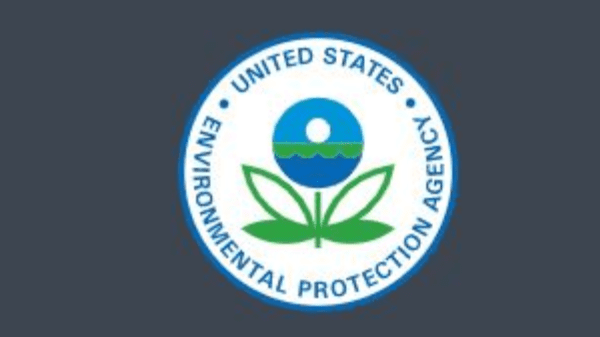February 28 marked the end of the legal use of the pesticide chlorpyrifos in the U.S.
“Chlorpyrifos is an organophosphate insecticide, acaricide and miticide used primarily to control foliage and soil-borne insect pests,” noted EPA.
“EPA has determined that the current aggregate exposures from use of chlorpyrifos do not meet the legally required safety standard that there is a reasonable certainty that no harm will result from such exposures,” EPA announced in August 2021. “A number of other countries, including the European Union and Canada, and some states including California, Hawaii, New York, Maryland, and Oregon have taken similar action to restrict the use of this pesticide on food.”
On Feb. 25, 2022, EPA released a response denying the objections, requests for hearing, and stay requests filed on the final rule revoking all tolerances for chlorpyrifos, which establish an amount of a pesticide that is allowed on food.
A February 18, 2022, letter from four U.S. senators to EPA administrator Michael S. Regan urged him “to redirect EPA’s Office of Pesticide Programs back towards a regular, risk-based regulatory process that reflects real-world data provided by the U.S. Department of Agriculture (USDA) and growers.”
Mention of a “risk-based regulatory process” alludes to the difference between risk-based assessments, which view the actual danger in a fuller context, such as exposure levels, and, in some cases, the actual presence of the material in humans.
Hazard-based assessments, by contrast, are based solely on the presence of the material in question. The EPA ruling seems to be closer to the latter.
In October 2021, a number of agricultural organizations filed a request to stay the tolerance revocation for the chemical. They include the Georgia Fruit and Vegetable Growers Association, Cherry Marketing Institute, Idaho-Oregon Fruit and Vegetable Association, Michigan State Horticultural Society, Michigan Vegetable Council, National Asparagus Council, National Onion Association, National Potato Council, U.S. Apple Association, and Washington Potato & Onion Association.
“Michigan cherry producers currently have no other effective control options besides chlorpyrifos for American Plum Borers and Peachtree Borers. These insect pests can bore into trunks of cherry trees ultimately leading to the tree’s death,” the letter pointed out. “Wheat, asparagus, peach, apple, alfalfa, citrus, peanut, onion, and other producers will experience similar costly adverse impacts,” along with sugarbeets and soybeans.
Wendy Brannen, spokesperson for the American Soybean Association (another signatory to the industry’s request), said, “We will also continue to pursue our legal challenge and stay request to obtain relief from this harmful, unfounded rule.”



